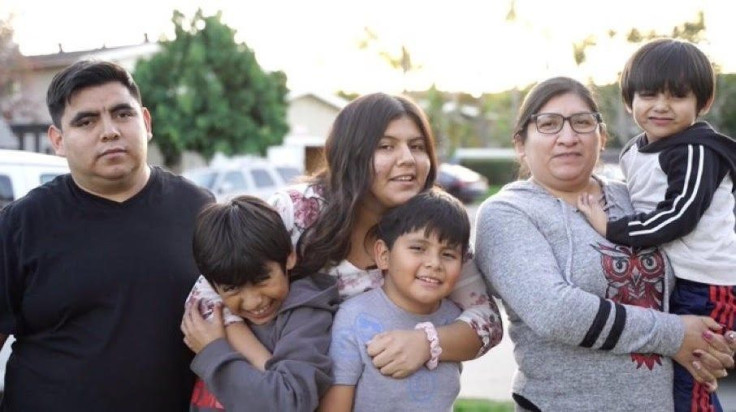
After years of advocacy, especially on behalf of low-income workers, United Ways of California applauds Governor Newsom and the California Legislature for extending California Earned Income Tax Credit (CalEITC) to working taxpayers whose households include filers who use an Individual Taxpayer Identification Number (ITIN) and have young children under 6 years of age.
This is a good step, but there is more California needs to do to meet the urgent needs of low-income working families. The expansion agreed to by the Governor and Legislature will reach approximately 32,000 to 46,000 tax filers and their families, leaving out a vast majority of ITIN filers, including 178,000 children. With income disparities growing throughout the state, California's advocates have been pushing for an inclusive CalEITC for over three years. Now, with a looming recession, California needs this inclusive policy to protect the state's nearly 600,000 individuals and their families, who are excluded from federal pandemic support, from falling deeper into poverty, and also to boost spending to help local economies recover.
California's United Way network pushed for the creation of a state earned income tax credit to help lift everyone who works out of poverty, and since the creation of the credit, the organizations have worked steadily to ensure all workers who should receive the credit are included in the program. Led by United Ways of California together with its work with coalition partners, eligibility was successfully extended to self-employed workers, to youth aged 18-24, and to seniors over 65. Additionally, income limits were increased to match income for all workers earning minimum wage full-time. For over four years, winning eligibility for ITIN filers has proven elusive, until the partial expansion included in this agreement.
"California United Ways have been fighting for ITIN filer inclusion in CalEITC from the moment the credit was created, well before the economic downturn brought on by the global pandemic," says Peter Manzo, President, and CEO of United Ways of California. "While this partial inclusion will reach approximately 32,000 to 46,000 immigrant tax filers and their families, unfortunately, we are still excluding the vast majority of ITIN filers, including 178,000 children, and we must not leave them out," Manzo added.
In the Golden State, non-citizen immigrant workers are bearing a disproportionate share of COVID-19-related job losses, with estimates suggesting that 68 percent of undocumented Californians work in the industries that have lost the most jobs since the COVID-19 economic crisis began (compared to 55 percent of all workers). Further, we know that about two in three immigrant workers excluded from the CalEITC are COVID-19 essential workers.
As Californians grapple with the economic implications of the COVID-19 pandemic, full CalEITC inclusion should be at the top of every legislator's list for the next phase of our state budget process. California's United Ways and its coalition partners are committed to working with legislators and the Governor to seek ways of expanding CalEITC to all ITIN tax filers as soon as this August.
Expanding CalEITC is a smart and relatively inexpensive way to support households excluded from federal and state relief and public programs, like unemployment insurance, designed to help when jobs disappear, or hours are cut. The current budget agreement shows the Governor and Legislature understand the beneficial impacts of including ITIN filers in the CalEITC. Yet by continuing to exclude 3 in 4 children in ITIN households, California is missing out on bigger reductions in poverty and economic stimulus we could achieve at modest cost. The current expansion is a good step, but full ITIN inclusion is critical and necessary to ensure recovery from the COVID-19 pandemic is truly a recovery for all.
© 2025 Latin Times. All rights reserved. Do not reproduce without permission.




